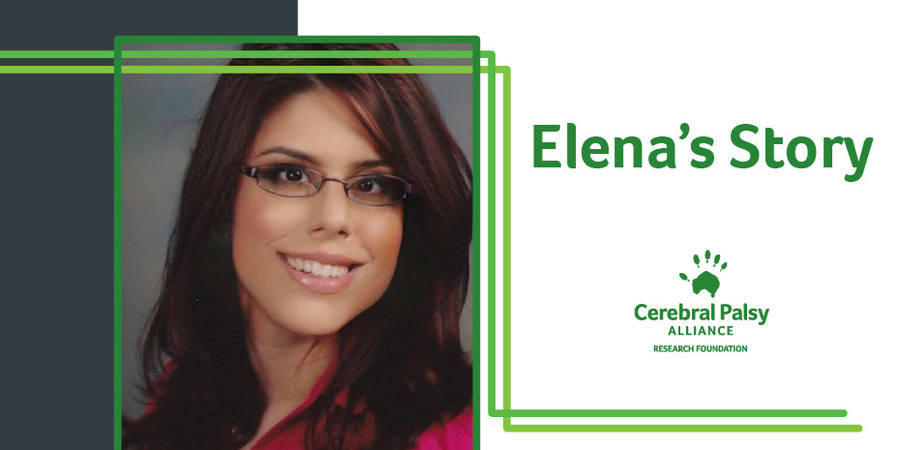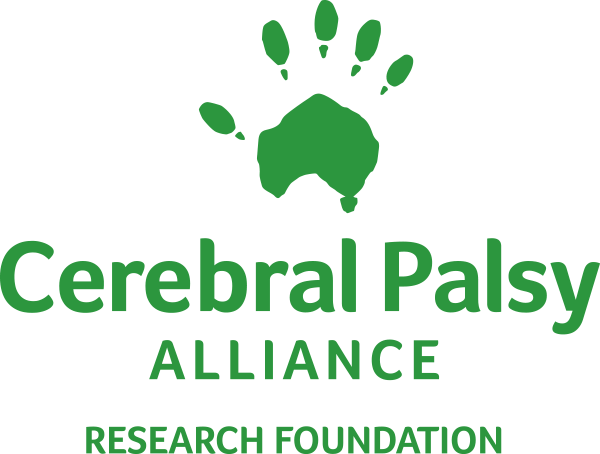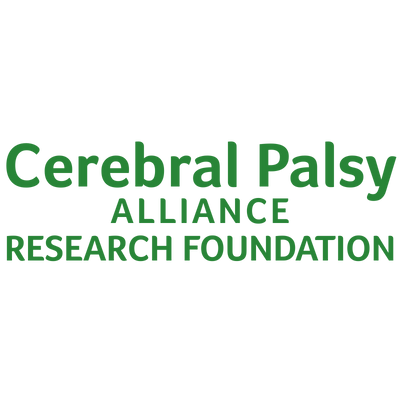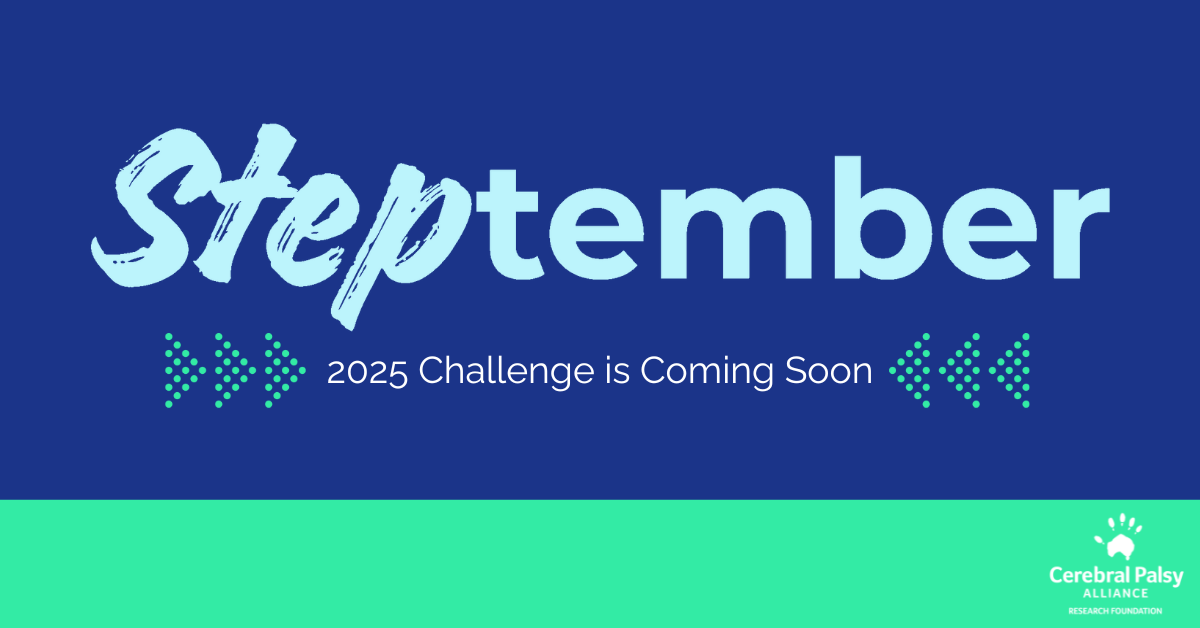
KEEPING IT REAL: Elena's Story
By Elena Anadolis*
Imagine yourself entering your family’s local place of worship and walking past another parishioner who, after seeing you had a disability, made the sign of the cross and spit on her clothes.
This had happened to me on more than one occasion. However, the first time that it really bothered me was during my early adolescence. By that time, I had learned a bit more of where the tradition had come from and was at an age where I was exploring my culture and where I fit into it. The action of that woman was an indicator to me, back then, that my culture really didn’t have a place for me. It would take time, further insight into myself, and additional education regarding the history of my culture for me to find my place within it.
However, what really bothered me, what nagged at me for what seemed like ages, was that I said nothing.
We’re taught, as children, to respect our elders. Therefore, I stood back while my father gave her a piece of his mind. Unfortunately, this didn’t make me feel any better. It actually made me question myself. If I wasn’t able to come to my own defense, even against the rude actions of an ignorant old lady, maybe I deserved the shaming…
Time and insight, the tools that helped me find my cultural identity, with the addition of a bit of therapy, imbued me with the confidence to speak up for myself when necessary. If I could go back to that day in church, I would hope to encourage a feeling of self-worth in my younger self. I would also point out that respect is a two-way street. If the behavior of an older person is rude, offensive, or inappropriate, it is okay to speak up for oneself. If I had spoken up back then, I believe I would have felt empowered.
As I said above, by the time of that incident, my parents had already explained the origins of the ignorance that led to the woman’s behavior. One of the myths of my culture was that disability resulted from a need to pay for the sins of one’s parents. In essence, I was a walking (albeit with two canes) sin. The disabled were seen as either possessed or having an evil aura. The woman’s actions were, to my knowledge, a way for her to protect herself from that perceived evil.
After my inaction, I thought about saying, in response to her actions, “I know you think my condition is a payment for the sins of my parents. So, what sins are you paying for? I can see from your oxygen tank that your ability to breathe has been taken away from you. Someone must have done something really bad for that to happen!” In my darker fantasies, I hit the tank with one of my canes, for emphasis.
I would expect a snappy, sarcastic retort from my younger self. However, as an adult I remember an old lady who was brought up in a different time, whose ignorance was bred into her by a culture that still hasn’t evolved to a place where all individuals are seen as perfectly human. And while I would advise my younger self to keep the snarky remarks a fantasy, I would still suggest she speak up. She could try saying something like, “I see that you have a type of disability yourself. Perhaps you should consider that, as well as where we are, before being cruel to others, something that our shared religion doesn’t endorse”. But as they say, hindsight is 20/20.
Unfortunately, cultural myths are not the only source of misconceptions about disability. That, however, will have to be addressed at a later time.
*Elena's story is part of KEEPING IT REAL — a series of personal stories that will take you deeper into the lives of people with CP. Each person makes different choices based on what works for them, and we’ll showcase that — highlighting what life is like for them on a daily basis, what they care about, and the ways CP impacts them.
The KEEPING IT REAL blog is intended solely to raise awareness about the varied human experience with cerebral palsy and shouldn't be read or construed to contain any medical advice or medical endorsement by Cerebral Palsy Alliance Research Foundation. Only you and your doctor know what's best for you. Please consult your doctor for medical advice.
Mon 08 Sep 2025
We’re proud to share that CPARF’s 2025 Remarkable US Accelerator cohort kicks off this week! This program supports disability-focused startups that are developing cutting-edge assistive technology.
Wed 21 May 2025
We’re officially in double digits — CPARF is celebrating 10 years of funding groundbreaking cerebral palsy research and driving innovation forward. And there’s no better way to mark this milestone than with our biggest, boldest STEPtember yet.




